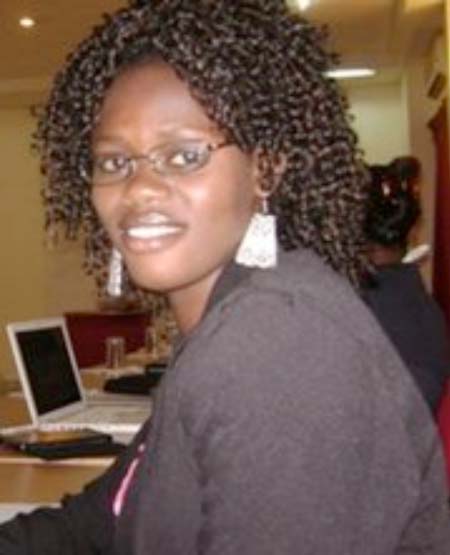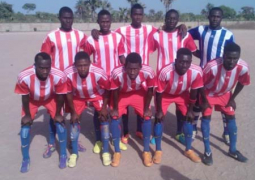
The International Day of the Girl Child is celebrated each year on 11 October since the United Nations General Assembly adopted Resolution 66/170 in 2011.The first celebration was held in 2012.
Since then, women’s and girls’ rights organisations and institutions around the world celebrate the day each year to recognise girls’ rights and the challenges they face as well as galvanise voices to tackle those issues.
This year’s theme seeks to reflect on the achievements of the Millennium Development Goals (MDGs) implemented over the past 15 years to prepare stakeholders to put the girl child at the centre of the just adopted Sustainable Development Goals (SDGs).
The UN Women, a United Nations women’s right agency, said: “Since adolescent girls born this year will be 15 years old in 2030, it is an opportune time to consider the importance of social, economic, and political investment in the power of adolescent girls as fundamental to breaking the intergenerational transmission of poverty, violence, exclusion and discrimination and to achieving equitable and sustainable development outcomes.”
Adolescent girls have the right to a safe, literate, and healthy life, not only during childhood, but also as they mature into womanhood.
“If effectively supported during the adolescent years, girls have the potential to change the world both as the empowered girls of today and as tomorrow’s workers, mothers, entrepreneurs, mentors, household heads, and political leaders,” UN Women said.
As the global community launches the SDGs for implementation over the next 15 years, it is crucial to highlight that investing in adolescent girls’ empowerment and rights is necessary for the realization of such goals.
An investment in realising the power of adolescent girls upholds their rights today and promises a more equitable and prosperous future, one in which half of humanity is an equal partner in solving the world’s challenges.
The potential of adolescent girls will directly translate into the girls as powerful and positive change agents for their own empowerment, for advancing gender equality and for the sustainable advancement of their nations.
Over the years, the world has made some progress in improving the lives of girls during early childhood; however adolescent girls continue to face challenges because of under investment in their needs and concerns as they mature into adults.
Adolescent girls in The Gambia, like in most countries are not an exception to these challenges as their rights to access to higher education, protection from child marriage, female genital mutilation, and gender-based violence are often not realised.
In addition, adequate access to comprehensive sexuality education and reproductive health services, protection of themselves from sexually transmitted disease and teenage pregnancy continue to challenge their lives.
As this day promotes girls’ human rights, highlights gender inequalities that remain between girls and boys and address the various forms of discrimination and abuse suffered by girls around the world, The Girls’ Agenda yesterday took part in a global social media campaign and advocate for the promotion and protection of rights of adolescent girls for a just, equitable and sustainable world.
As part of its activities to celebrate the day, The Girls’ Agenda will on Friday, 16th October, conduct an awareness raising talk for young people on the theme “Putting Adolescent Girls at the Center of SDGs: The Case of Goal 5” at Sheikh Hamdan Senior Secondary School For Girls in Yundum.
Due to the societal taboos, issues of sexual and reproductive health rights of girls and women are often not openly discussed, thus the talk will focus on such rights, child marriage, female genital mutilation, and gender-based violence amongst others.
The Girls’ Agenda believes that if the SDGs are to be achieved, rights of girls and women must be respected, protected and promoted.
The Girls’ Agenda hope that the talk will empower girls – both socially and politically – and enable them use their voices and work towards the protection of their sexual and reproductive health rights, ending child marriage, FGM and related discriminated practices in a generation.
The Girls’ Agenda Team


